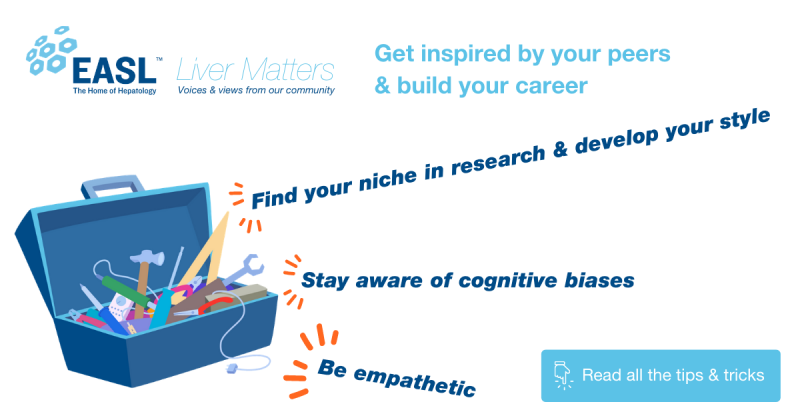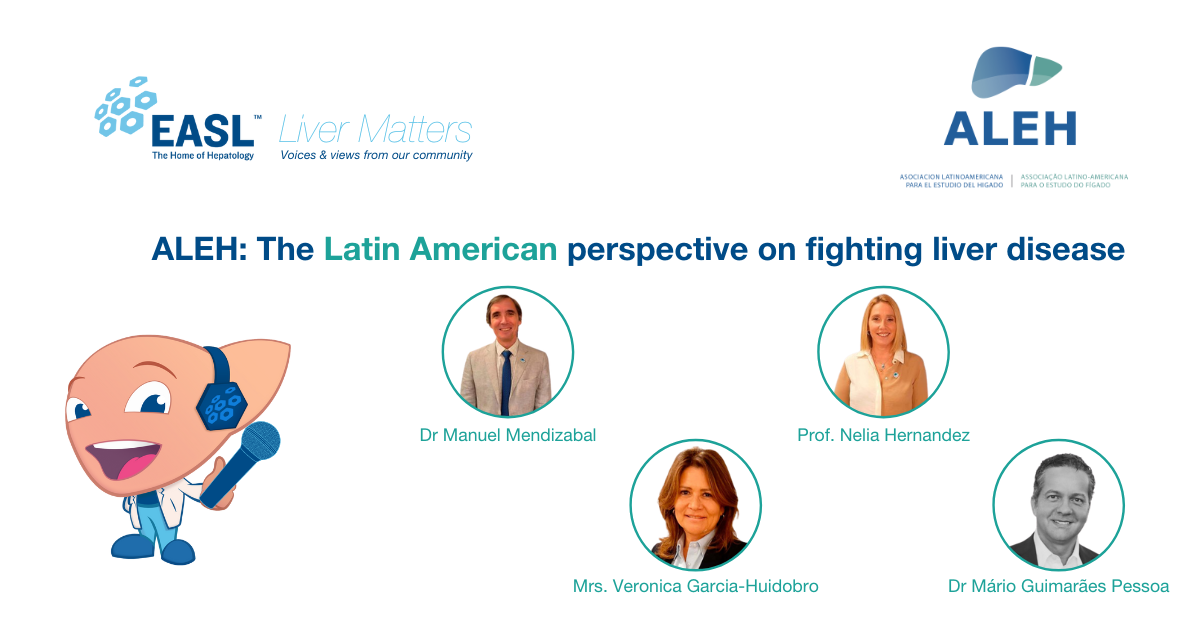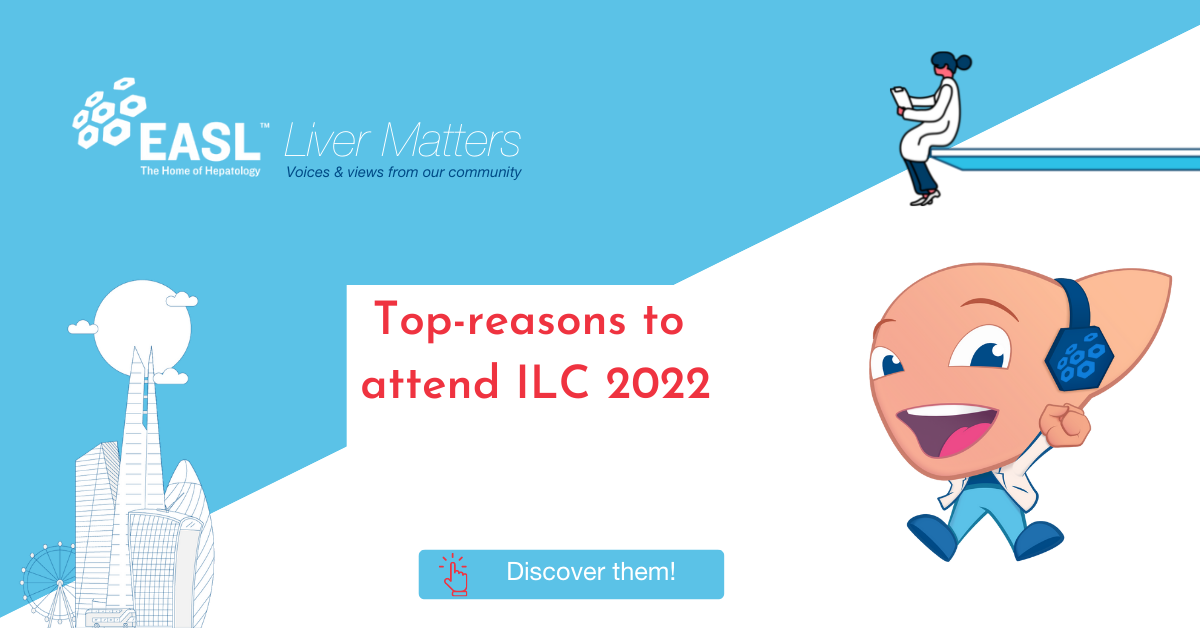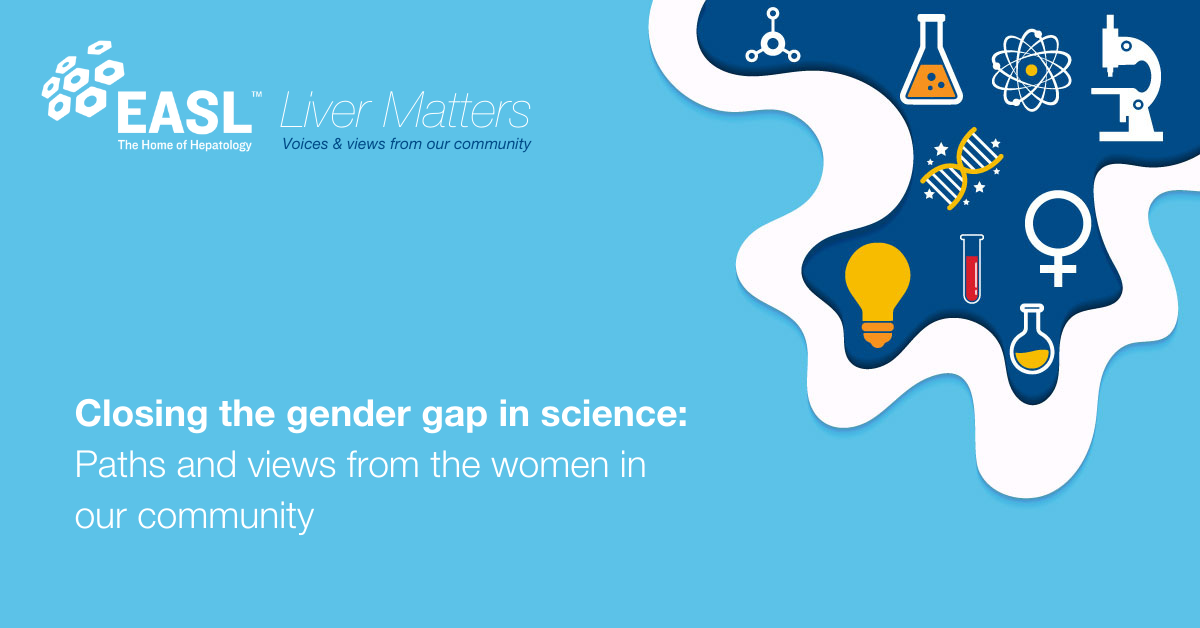Discover the top-tips & tricks provided by inspiring peers in hepatology

So you’re building your career, specialising in hepatology or perhaps carving new ventures in scientific research.
As your plans take form, you’re facing questions: Where is the best place to start? What steps should I take first? Who can I call upon for help? What obstacles may arise?
The dreams and excitement that influence your choice of professional goals may be accompanied by questions and uncertainties. To tackle them and transform them into strengths, you can draw on guidance and support. But who can you trust to give you the very best tips, tricks, and tools?
In line with the EASL YI Afterwork Series of webinars, dedicated to career development, we asked members of our community to share their tips and tricks – tools that helped them handle delicate situations, sidestep problems, and build a successful and enriching career in hepatology.
You can still register for today’s webinar!
A warm thank you to Marta Afonso, Jesús Bañales, Francesco Negro, Salvatore Piano, and Anna Saborowski, for contributing to this article. From young scientists to a veteran with decades of insights, we curated this set of tools for you to adopt and utilise, as you construct the next phase of your brilliant career.
Tips
| Be ready for a major shift in your attitude toward science From now on, you must find the answers on your own, no longer relying on high-school science. Creating in science is a vertiginous immersion into the darkness of the unknown. Be ready to take on this challenge. |
Be aware of cognitive biases Cognitive biases are ubiquitous, innate, sly, and a powerful obstacle to learning. Get to know them so you can overcome them. |
Go abroad If you have the chance to work abroad, leave your comfort zone! Do not miss out on the experience. |
Become empathetic Learn how to communicate, to share your knowledge, to listen, and to look at reality from the perspective of others. Making empathy a mainstay of your communication toolset will help you in dealing both with your patients and your colleagues in science. Collaborate with your peers in a friendly way. |
| Stay creative Combine method with creativity, staying open to surprising answers. |
Be passionate Having a real passion for hepatology is the best driver for success. |
Foster resilience Work hard and focus on solutions, not on problems! Hard work always pays. |
Be positive It is simply better and nicer. |
| Find your niche in research and develop your style Identify an innovative topic, one carrying impact in the field and attracting funding. |
Build a successful mentoring relationship Be a mentee so that you can be a mentor to a younger colleague, one day. |
Seek serendipity Try to be in the right at the right time, making the right choice. |
Carry out your personal SWOT analysis Identify your strengths, weakness, opportunities, and threats and work accordingly to improve your situation. |
Tricks
| Don’t hold back Do not hesitate to ask for help. Approach experts and communicate your ideas to them. |
Never lose your curiosity Never stop learning. Keep updated on new trends and research. |
Never stop dreaming Work on projects that excite you, to keep your dreams alive. |
Don’t just go with the flow Don’t wait to see what happens. Define your goals in advance and establish strategies to achieve them. |
| Say no to procrastination Don’t put off for tomorrow what you can complete today. |
Stay attuned to your work environment Avoid the toxic in your work environment, while giving yourself the opportunity to enjoy your work thoroughly. |
Don’t let quantity overshadow quality Be brave enough to believe in quality! Research is not about flooding PubMed, but about creating meaningful, high-quality content. |
Don’t lose your life–work balance Keep your life–work balance right. Have fun and enjoy your friends and family. |
Future PIs or group leaders starter pack
Select your institution with caution and look for:
| Proper infrastructure With a lab space, infrastructures/equipment and hopefully a starting budget |
A nearby university To identify eligible students and develop a potential academic career |
A national funding agencies To apply for and access funds for human resources, equipment, and consumables |
| A hospital To promote translational science with appropriate local |
A minimum of critical mass To collaborate and improve your studies |
Potentially nearby Biotech companies To collaborate on innovative studies with the industry. |
We hope that these tools will be useful and guide you through your fascinating adventure in hepatology. What about you? Do you also have some tips & tricks that you would like to share? Comment below or share this article on Twitter.





Comments (0)